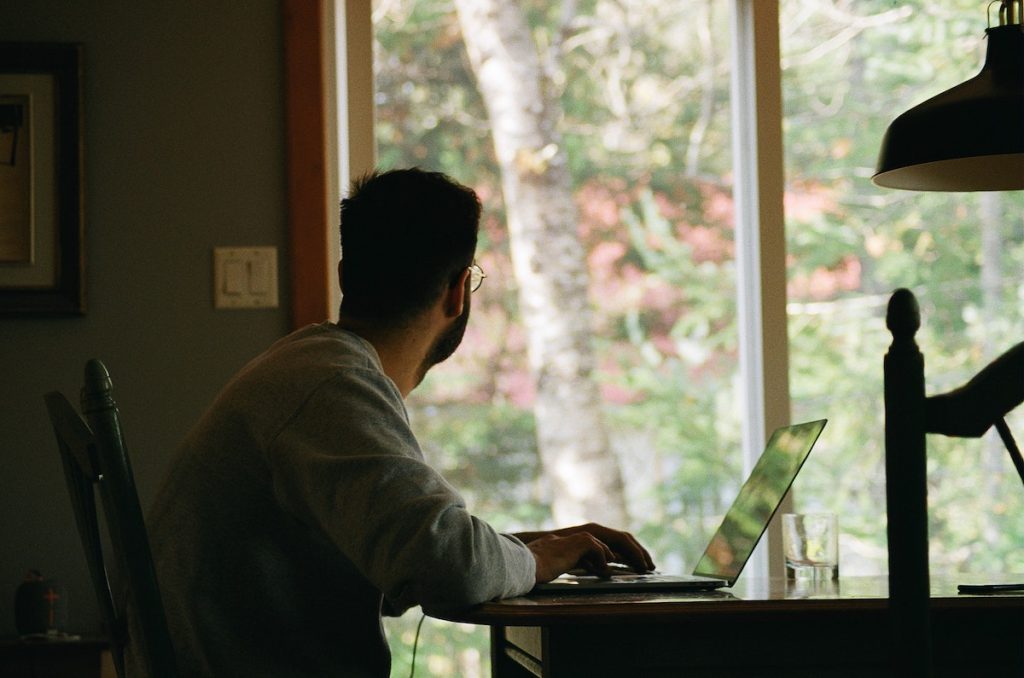Chronic pain can be a constant source of distraction. The physical pain can spill over into other areas of your life and have a negative impact on your mental health. You may already be on medication to help with your chronic pain. But other, alternative approaches may complement your doctor’s advice, read on to find out more.
Mindfulness
Mindfulness may seem like a fad to those who trust solely in modern medicine or something you need to have a lot of spare time and a quiet space to get the full benefits of. However, mindfulness and stress research has shown that mindfulness can be used to manage chronic pain and improve the quality of life.
Although it may not take away the pain completely it can be used alongside other treatments or medication and will certainly benefit your mental and physical wellbeing.
Gentle exercise
Gentle exercise can also be beneficial in managing chronic pain. If you’re unable to do strenuous exercise to get your body in the best shape to manage pain, you could start with yoga or water aerobics.
It’s also important to stretch regularly throughout the day to prevent your muscles from locking up and causing more pain. This can be done for just a few minutes at a time. If you feel self-conscious about doing this at work, find a quiet place to go to. Most employers will make adjustments for you to do this if you tell them about your pain and how you need to manage it.
Changing your office chair and desk

Investing in an ergonomic chair, or seeing if your employer might provide one, can help you manage pain at work. These are designed to support your body and help with posture.
You may also consider a standing desk if this helps reduce stiff or sore legs after sitting too long. Or an ergonomic footrest could be the solution to this.
If you can make yourself as comfortable as possible at work, this will help with your pain and make you more productive, as you’ll be able to concentrate better on your work. If you can explain how this will benefit you in the workplace, including having fewer sick days, your employer will be more likely to make these adjustments.
Acupuncture
If you’ve never experienced acupuncture before, and want to give it a try, check with a trained and professional acupuncturist in Los Angeles. They know all the points to insert these, and you’ll barely feel them.
Acupuncture is a non-invasive way to deal with pain in your neck, back or joint pain. If you find you benefit from this, you will need regular sessions to keep seeing the results, but you can invest in an acupuncture pen to use from home, in between sessions.
Cut Back on Your Alcohol Consumption
We all enjoy a glass of wine, an ice-cold beer or another tipple to see in the weekend or as a well-earned treat at the end of a hectic day. However, if you’re someone who suffers from chronic pain, then this seemingly harmless habit could be causing you more trouble than you think.
Drinking alcohol – especially before you go to bed or in the lead up to bedtime – can disrupt your ability to sleep soundly and to achieve a good level of rest. This lack of sleep can increase the levels of pain you experience, potentially exacerbating your condition. So to help you manage your pain, consider saying no to that nightcap before bed, and enjoy something alcohol-free instead.
Consider Starting a Pain Journal
The holistic act of writing and expressing your thoughts on paper is both therapeutic and helpful when managing chronic pain.
By starting a pain journal you and your doctors can monitor and accurately track your pain levels, your diet, the exercise and movement patterns you’re having and potentially pinpoint lifestyle habits that could be contributing to your pain levels. This approach can highlight what treatment and choices are working well for your pain management and which ones may need reassessing, helping you get closer to saying goodbye to chronic pain for good.
Follow Your Doctor’s Advice
Can you honestly say that you’re following your doctor’s advice? Are you taking your medication at the right time? Are you exercising and moving your body as directed?
Through stubbornness or simple forgetfulness, many of us neglect to follow our doctor’s advice and inadvertently make our chronic pain much more difficult to manage as a result.
While it’s important for you to speak up and discuss your concerns and doubts over your prescribed health plan, ignoring your doctor’s advice can leave you in a weaker position than before. Don’t be afraid to get a second opinion if you think you need one, but don’t rule out their advice simply because you don’t think it will work.
Trying some of these suggestions to get rid of, or at least reduce chronic pain, can make all the difference if you suffer from pain, and had little or no results from other methods.




